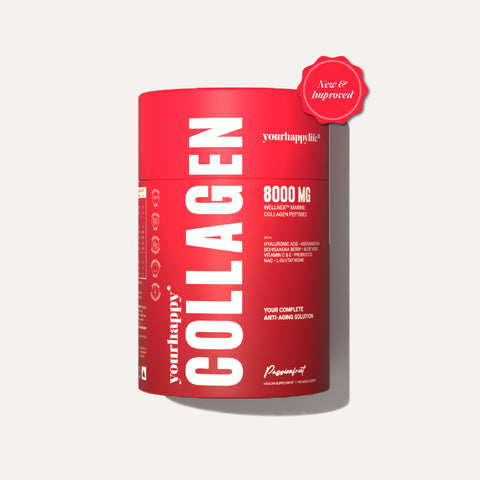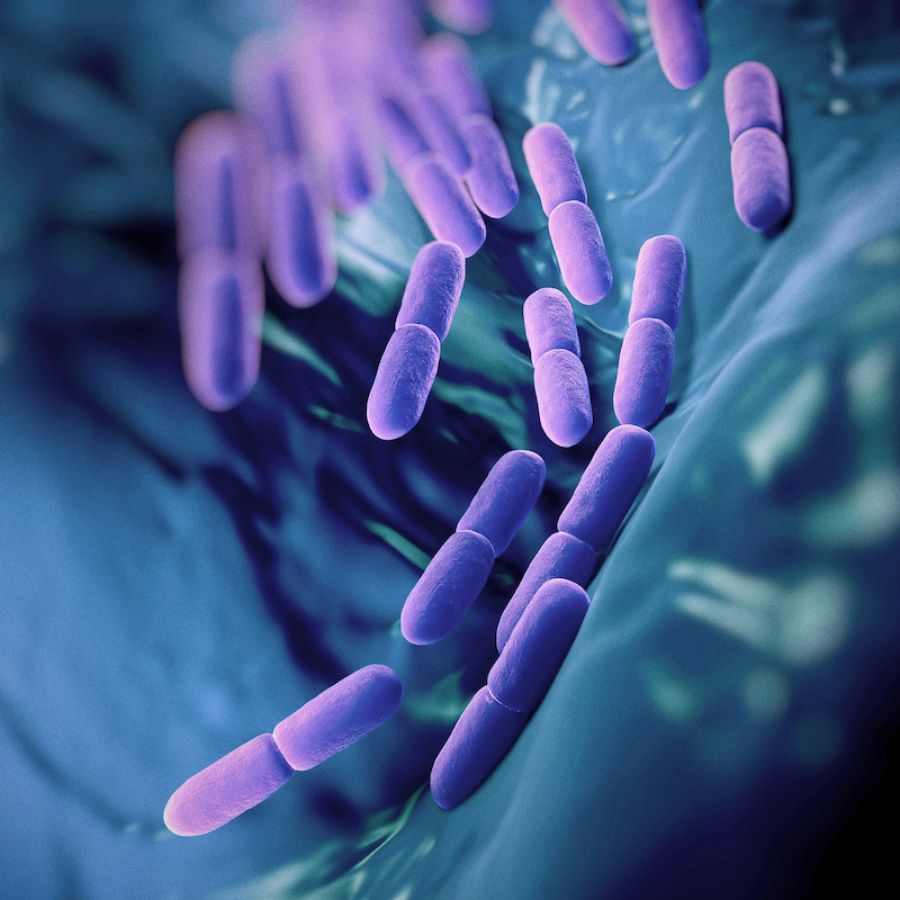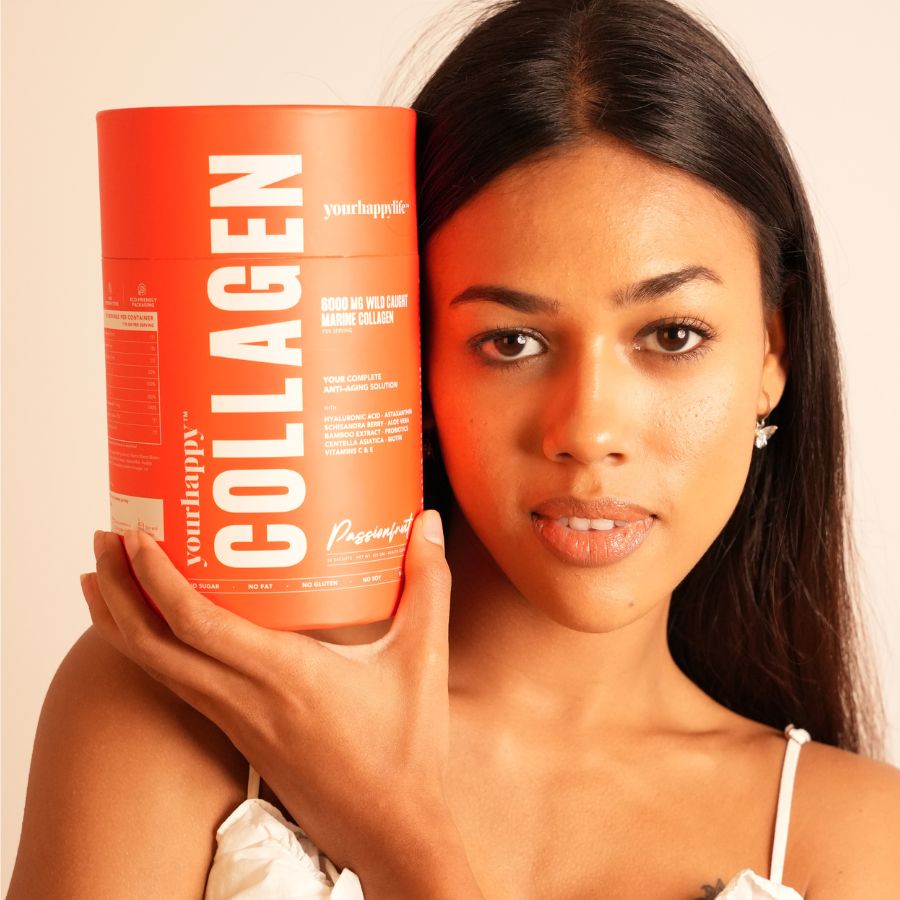
Holistic Methods To Enhance Skin Elasticity
Loss of skin flexibility is a natural part of getting older. Maybe you first saw it when you put on makeup or rubbed your eyes. However, your skin did not immediately bounce back into place when you lifted your eyelid slightly to the side the way it used to. The fact that your skin can be stretched and then return to its normal shape indicates its elasticity. A lack of elasticity in the skin is referred to as elastosis. Sagging, wrinkled, or leathery skin is a characteristic of elastosis.
Solar elastosis can occur on skin that is constantly exposed to the sun. These areas of the body may show signs of sun damage sooner than those covered up. One of the names for solar elastosis is "actinic elastosis." It's feasible to improve the skin's suppleness. Let’s learn in detail here.
How Does Skin Elasticity Fluctuate?
It's puzzling that skin elasticity would fluctuate for an aging reason. The skin covers the majority of the body and is the largest organ. As a bonus, it will keep the weather at bay. But unfortunately, as we get older, we notice visible signs of aging on our skin.
Loss of elastin, a protein responsible for the skin's elasticity and resilience, occurs alongside a loss of collagen. Dermal elastin can be found in the connective tissue.
Elastosis can be made worse or accelerated by environmental variables and one's way of life. What makes up this group is:
- Exposed to the sun
- Smog is a form of air pollution
- Improper diet and smoking
- Similarly, elastosis might occur in cases of rapid and extreme weight loss.
How To Maintain Your Skin's Suppleness
The best defense against elastosis is an elastic one: a healthy lifestyle.
-
Restrict Your Time In The Sun
Overexposure to UV rays reduces skin elasticity and hastens the aging process. Wearing sunscreen has been found to stop this, according to a reputable source. Sunscreen can help prevent more damage from occurring, but it won't do anything for your elasticity.
-
Consume A Diet Rich In Antioxidant Foods
Antioxidants, including vitamins C and E, carotenoids, and lycopene, may help the skin stay supple and healthy. You should know that avoiding sun damage solely through diet will not work. Supplementing with antioxidants and eating a diet high in antioxidant-rich foods is a significant first step, but it is no substitute for wearing protective clothing when spending time outside.
-
Give Up Bad Habits
Tobacco users are more likely to experience skin laxity than those who don't smoke. This is because the transport of oxygen and nutrients to the skin is impeded by smoking. After all, blood vessels narrow and blood flow is reduced.
Cigarette smoke contains compounds that have been shown to degrade collagen and elastin. In the long run, quitting smoking will save your skin and body from the constant damage that cigarettes do.
Other Ways To Boost Skin Health And Suppleness
There are methods available to improve the skin's elasticity and appearance. What makes up this group is:-
-
Collagen Supplement
In the skin's connective tissues, a collagen protein may be found. According to research, hydrolyzed collagen taken orally may be absorbed by the body and then circulated to the skin.
For three months, participants in one study were given an oral supplement that included collagen peptides, vitamin C, Hibiscus sabdariffa extract, and Aristotelia chilensis extract (Maqui berry). Four weeks later, there was a notable difference in the skin's elasticity and firmness.
According to another study, collagen and other compounds, such as hyaluronic acid, considerably enhance the skin's flexibility because of this nutrient-dense drink. Therefore, consume YourHappy Collagen (Advanced) to get the best skin health benefits.
While promising, it's important to remember that each experiment contained supplementary and helpful drugs. More research is needed to determine whether collagen supplements can successfully revive the skin's elasticity.
-
Hyaluronic acid
In the skin, hyaluronic acid is found mainly in the connective tissue. It keeps skin supple and moist, which is its primary purpose.
Reduced levels of hyaluronic acid are a common side effect of getting older and being outside in the sun. If your skin has lost some elasticity, using hyaluronic acid serums and lotions helps. Supplements with hyaluronic acid have some promise.
-
Retinol
It's no surprise that retinol is derived from vitamin A. Over-the-counter eye serums and face creams may include it. When compared to retinoids available by prescription, it is less effective. Topically applied retinol and vitamin C are effective in restoring skin elasticity.
Retinoids boost skin collagen production. Both tretinoin and retin-A are examples of such medications. In addition, several studies have shown that retinoids available by prescription can slow down and even reverse the skin's photoaging process.
-
Isoflavones
The phytoestrogen genistein is an isoflavone isolated from soybeans. Phytoestrogens are phytochemicals that mimic estrogen's actions in the human body.
Human studies have shown that ingesting genistein can improve skin suppleness. Application to the skin has the potential to provide benefits as well. There has to be further study on the benefits of genistein for skin elasticity and overall skin care.
-
Flavanols
One possible treatment for loss of skin elasticity is indulging in dark chocolate.
Regular use of cocoa flavanols, a component in chocolate, has been demonstrated to increase skin suppleness and lessen the visibility of fine lines and wrinkles. In addition, cocoa flavanols, flavonoids found naturally in cocoa beans, are used in several ways to improve health.
Not all chocolates have many cocoa flavanols. Three hundred twenty milligrams (mg) of cocoa flavanols was the amount used in the study, so you should look for chocolate with a similar amount.
-
Chemical Peels
To refresh and regenerate the skin, a dermatologist may use chemical peels. In general, you can choose from three depths.
Peels can reduce the effects of elastosis and photoaging while simultaneously promoting collagen production. Your dermatologist can help you decide which peel is best for you.
-
Laser Treatments
Medical conditions of many kinds have been successfully treated using laser treatment. In the same trial, non-ablative fractional laser (NAFL) and intense pulsed light treatment (IPL) were used to see how well they worked together.
Skin tone and collagen production improve due to these treatments. The research showed that the skin's elasticity and tone were significantly enhanced when both procedures were used together. In addition, some studies have found promising results when using fractional lasers on the skin.
-
Dexpanthenol-Based Cream (Panthoderm)
For dry, flaky skin, dermatologists often recommend using a moisturizer containing dexpanthenol (pantothenic acid). It has been shown in several scientific tests to be quite effective in preserving the skin's elasticity.
-
Transfusing PRP, Or Platelet-Rich Plasma
Platelet-rich plasma (PRP) injections into the lower eyelid have been shown in a preliminary study to reduce actinic elastosis. Throughout three months, many injections per month were required. According to those who had injections, the procedures were quick and uncomfortable for them.
The Takeaway
As we age, our skin loses some of its elasticity and suppleness. This can be accelerated by spending too much time in the sun and bad habits like smoking. Many effective methods exist for restoring skin suppleness. Modifications to one's lifestyle, including sunscreen, might lessen its intensity and duration.
YourHappy Collagen (Advanced)

FAQ
Can skin elasticity be improved?
Boosting your skin's natural production of collagen, elastin, and hyaluronic acid will help restore its suppleness. This will help maintain skin elasticity and prevent further loss in the future.
Can skin elastin be repaired if damaged?
Lasers can heat or break down (fractionated resurfacing) collagen and elastin in the skin to stimulate cell production. Prevention is better than cure. Naturally, increase your collagen level while consuming YourHappy Collagen (Advanced)
How can I increase my elastin naturally?
Natural elastin production can be boosted by eating a healthy diet rich in leafy greens, citrus fruits, seafood, berries, and nuts. Physical activity, proper skin care, stopping smoking, and daily sunscreen use can also retain elastin.


